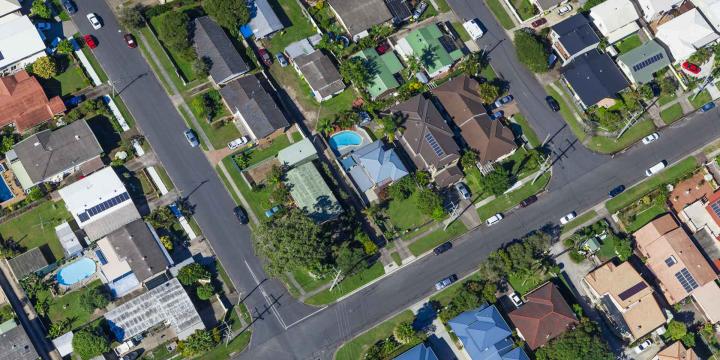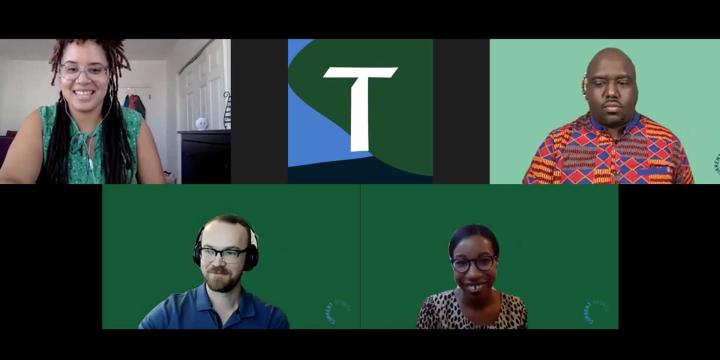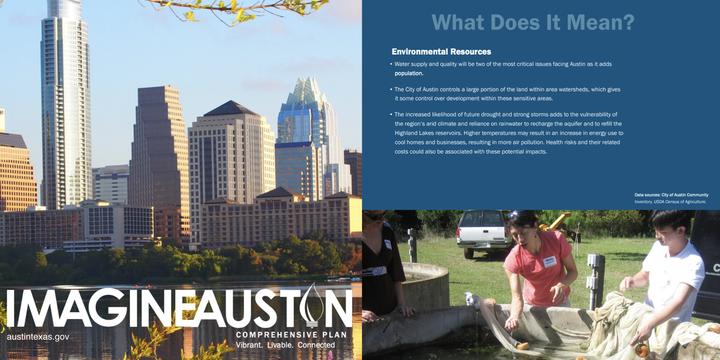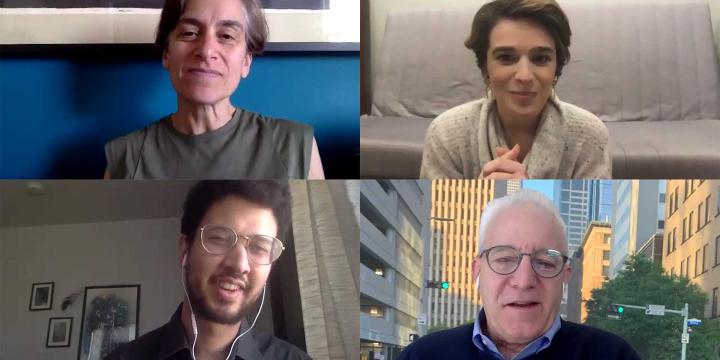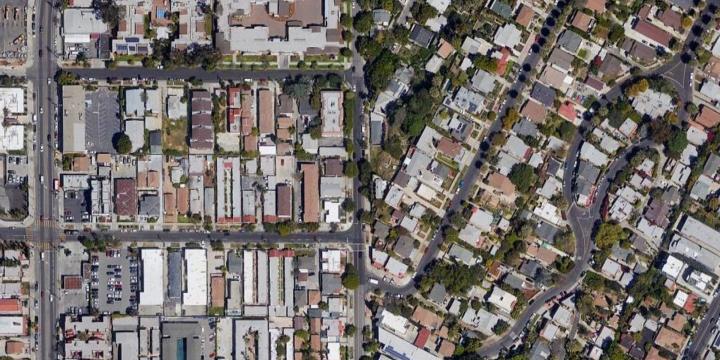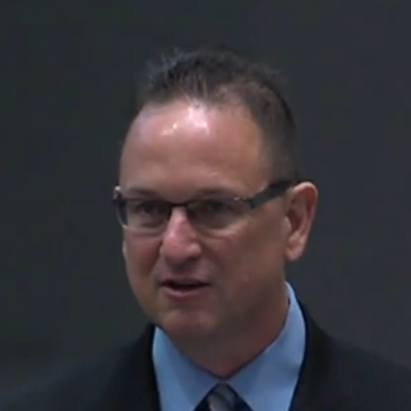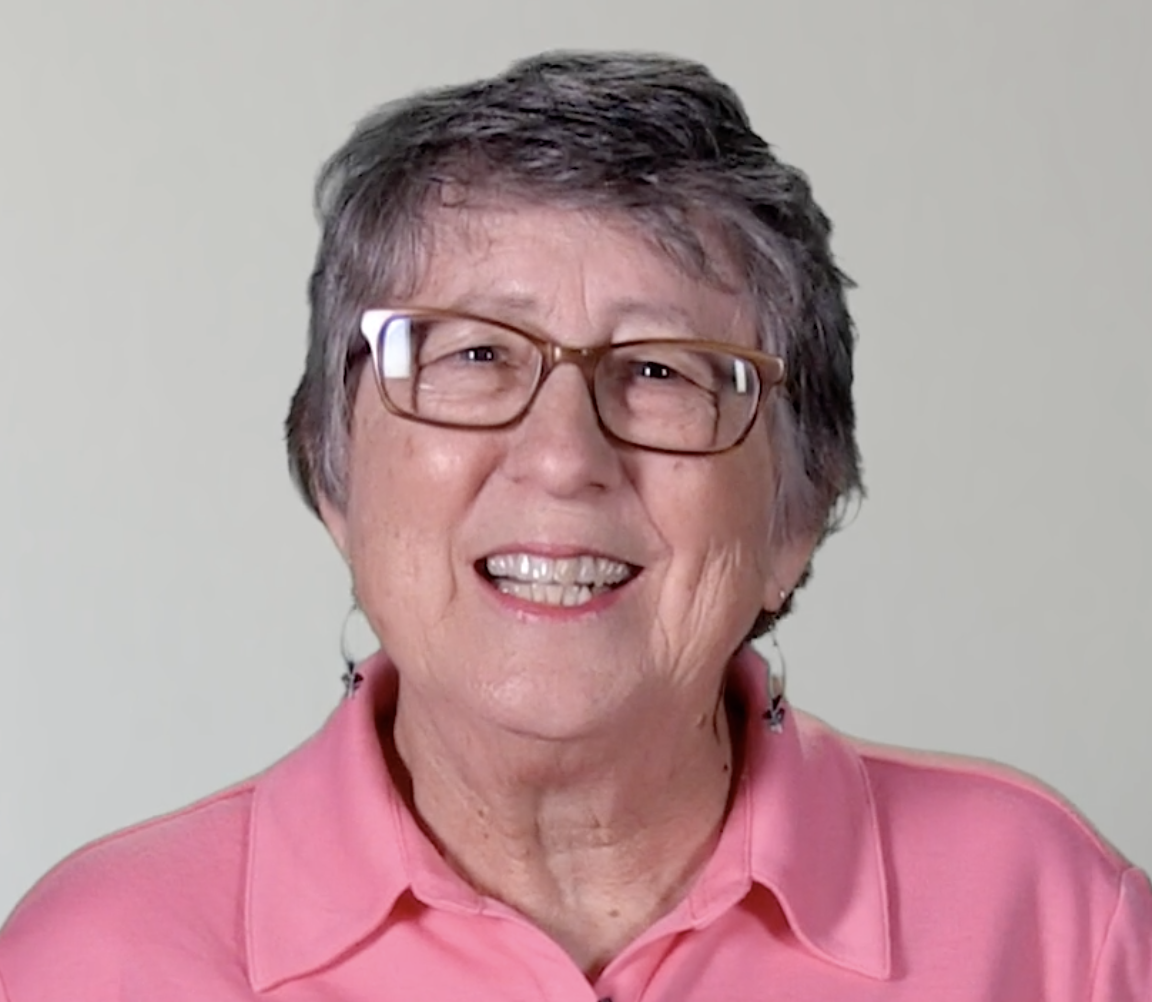All Law and Policy Courses
U.S. Housing Policy: What Every Planner Needs to Know
Planners play an essential role in understanding and addressing the regulatory, social, and economic barriers to affordable housing. This course offers an overview of U.S. housing policy from its historical roots to modern challenges and solutions.
Taking Meaningful Action Towards Fair Housing
This course dives deep into fair housing, exploring everything from the importance of equitable housing laws to practical strategies for planners to promote fairness in zoning and development.
Roadways for People, Part 1
Using Portland's I-5 Rose Quarter Improvement Project as a central case study, Lynn Peterson and co-instructor Elizabeth Doerr explore why and how we need a more inclusive, people-centered transportation planning process.
Making Room for Home-Based Businesses
In this crash course on home-based businesses, Nolan Gray explores how reducing zoning regulations could help revitalize communities and encourage entrepreneurship across the country.
Arbitrary Lines: How Zoning Broke the American City and How to Fix it
Nolan Gray presents the complex history of zoning regulation, showing how major legislative decisions led to the country's current state of car reliance, sprawl, and inequity. Now, zoning reform is in the air. But why stop at mere reform?
Planning Commissioner Training
The new "Planning Commissioner Training" series offers citizen planners a chance to learn the tools to make a positive impact in their communities (available as a separate subscription).
Building Bad, Part 1: How Architectural Utility is Constrained by Politics
Discover the theory of “Building Bad”: an examination of the costs and benefits that can limit the functionality of buildings in exchange for profits.
Crime Prevention Through Environmental Design
This course discusses crime as an environmental justice issue and reviews techniques that successfully reduce crime and make communities safer and healthier through Crime Prevention Through Environmental Design (CPTED) theory.
Lighting Regulations and Dark Sky Places
Learn best practices for crafting lighting regulations and dark sky designations that protect night skies and improve environmental and public health.
Prospects for Zoning Reform
Catch up on the contemporary policy debates about zoning reform in the United States by learning from one of the nation’s leading voices on the subject, Brookings Institution Senior Fellow Jenny Schuetz.
Right-Sizing Zoning for Better Outcomes
Using elements of the built environment that contribute to a community’s unique sense of place and examples from across the United States, this course explores how to realign zoning with the goals and policies adopted in community plans.
Controlling Rents
This course introduces planners to the debate surrounding rent control, discussing both what rent control is able to accomplish, and where it often has unintended consequences.
The Pedestrian Safety Crisis in the U.S.
This course discusses the social trends putting people at risk on U.S. streets and roads; why traffic safety is fundamentally a problem of systematic, structural inequality; and what U.S. planners and the public can do about it.
A Brief History of Immigration and Planning
This course discusses the relationship among immigration, space, and planning, providing an overview of key figures, dates, and events related to immigration policies and practices in this country.
Race, Space, and Planning
This course discusses the relationship among race, space and planning, providing an overview of key dates and events relating to systemic racism in the United States.
Planning for Racial Equity
This course introduces the concept of racial equity analysis in land use planning, the motives and rationales behind such analyses, and provides guidance for conducting analysis and review.
Planning for Universal Design
At the end of this course, you will be familiar with the tenets of Universal Design and how it differs from Americans with Disabilities Act (ADA) compliance. You'll also be able to identify tools for implementing Universal Design in planning regulations.
Resilience Planning for Wildfires
This course explores the history of wildfire management, the factors that increase the threat of wildfires, and how communities can incorporate resilience thinking to plan for wildfires.
Housing and Racial Justice: Current Events Urban Resilience
This course, "Housing and Racial Justice: Current Events Urban Resilience," presents a TICCO Virtual Conference Event, hosted with support from Island Press in September 2020.
The High Cost Of Minimum Parking Requirements
In The High Cost of Free Parking, course instructor Donald Shoup argued that minimum parking requirements subsidize cars, increase traffic congestion, pollute the air, encourage sprawl, increase housing costs, degrade urban design, prevent walkability, damage the economy, and penalize people who cannot afford a car.
Historic Preservation: How-to Guide
This course discusses how planners contribute to the preservation of historic resources.













